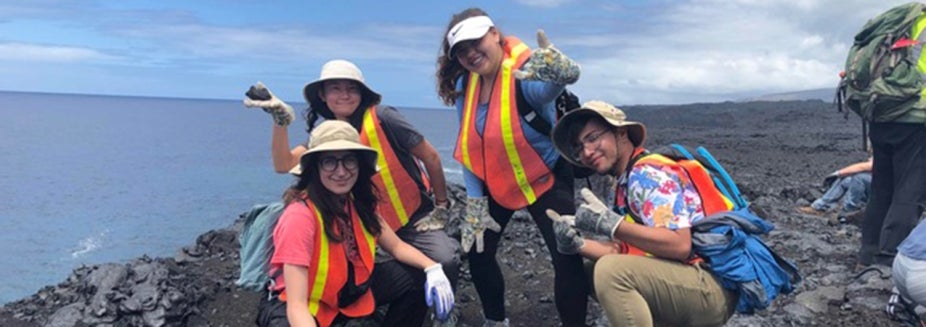Program Evaluation

Index of Topics
-
DEVELOPING AN ASSESSMENT PLAN
-
PRE-PROGRAM EVALUATION
-
MID-PROGRAM FORMATIVE ASSESSMENT EVALUATION
-
POST-PROGRAM EVALUATION (SUMMATIVE)
-
EVALUATION TOOLS
Undergraduate research internships generally have an assessment plan for evaluating whether the program is meeting its goals, and capturing recommendations from students and/or mentors for program improvements.
What are some of the goals of program evaluation?
- Used to improve the program mid-stream or in the following year
- Proof that the program is effectively meeting its goals
- Included in final reports to the sponsors and in grant proposals
- Analyzed for patterns, and presented or written up as research on REUs
DEVELOPING AN ASSESSMENT PLAN
- Clearly define the project goals and expected outcomes at the start
- What is the purpose of the assessment? Who will use the results and in what way? (Program improvement, assessing impact, final reports, grant proposals, conference abstracts?)
- Integrate planning of the assessment into the development and management of the project, rather than adding it on as an after-thought.
- Develop partnerships with colleagues who have knowledge and expertise in assessment.
PRE-PROGRAM EVALUATION
This helps to identify students' interest in science, awareness of careers, and more.
MID-PROGRAM EVALUATION
Hold direct discussions with students about what is working/not working on ongoing activities, and to inform any needed mid-course corrections.
POST-PROGRAM EVALUATION
- Give students a post-program survey. Seeks suggestions from students for improving the program
- Identify the baseline data needed to document change by keeping some questions consistent between pre- and post-surveys, and year-to-year
- Consult with colleagues who have experience in assessing an REU program
- Summative assessment is done to measure a project's overall success; longitudinal assessment tracks impacts beyond the duration or initial scope of the project.
- A list of IRIS REU Outcomes (PDF) and the IRIS Logic Model (PDF) have been provided by Michael Hubenthal.
EVALUATION TOOLS
Online evaluation tools such as the URSSA surveys can be used (and adapted) for evaluating student learning gains.